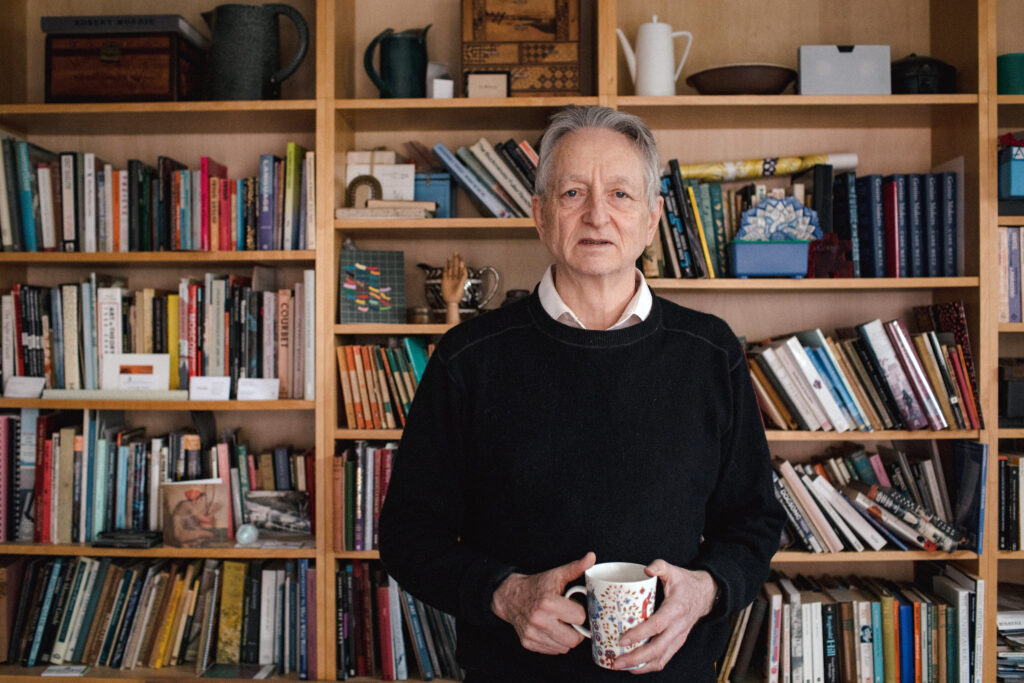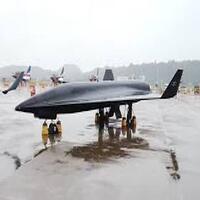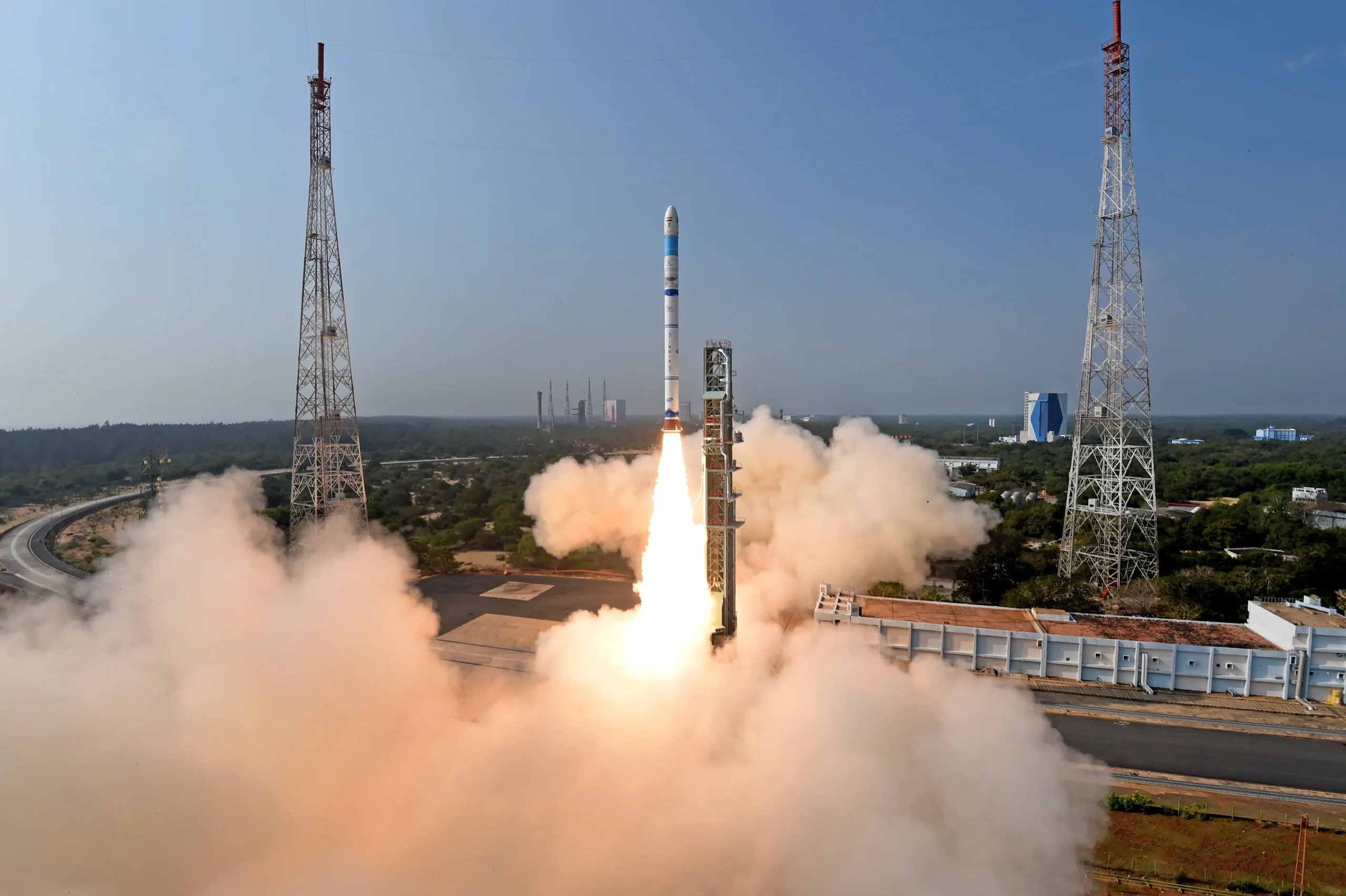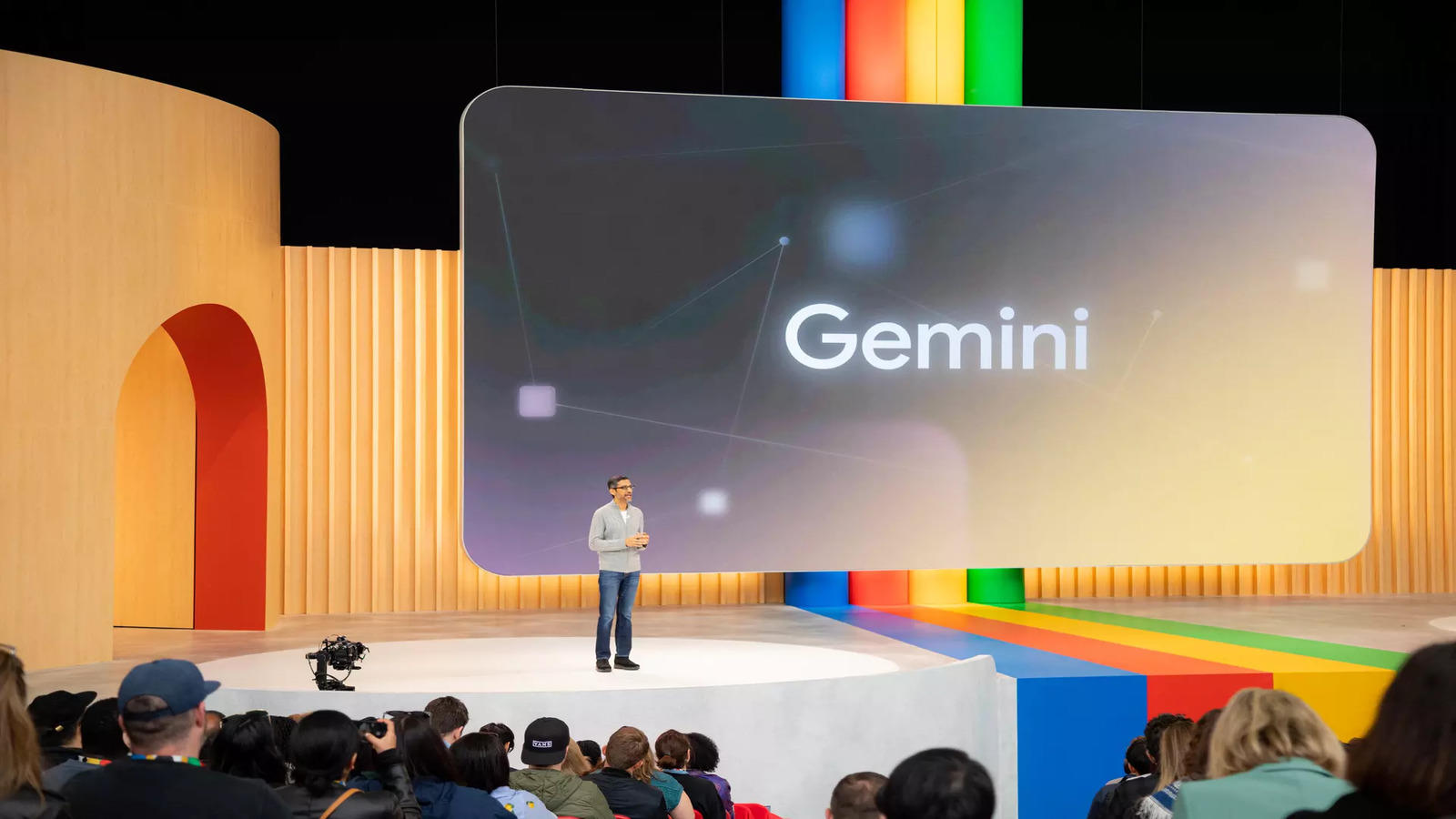
We’ll see the “extinction-level threat” for humans in the next 5 to 20 years as AI will try to take over
“He said while he felt Artificial Intelligence would build efficiency and abundance, the cash would go to the rich “and not individuals whose positions get lost and that is moving to be extremely terrible for society”

Geoffrey Hinton, the programmer who is frequently viewed as the “guardian of computerized reasoning” has said that he is “extremely stressed” that the human-made brainpower innovation “taking bunches of ordinary positions”, and said that it will be on to the state run administrations to manage the effect of artificial intelligence on pay disparity.
Professor Geoffrey Hinton, viewed as the “Godfather Of Artificial Intelligence” says he is “exceptionally stressed over artificial intelligence taking bunches of unremarkable positions”.
He told BBC Newsnight, that against this background, an advantages change giving fixed measures of money to each resident would be required.
“I was consulted by people in Downing Street and I advised them that universal basic income was a good idea,” he said.
The idea of a general essential pay adds up to the public authority paying all people a set compensation no matter what their means.
He said while he felt artificial intelligence would build efficiency and abundance, the cash would go to the rich “and not individuals whose positions get lost and that is moving to be extremely terrible for society”.
Until last year, Hinton worked at Google, yet left the tech monster so he could discuss the risks from unregulated artificial intelligence.
Professor Hinton emphasized his anxiety that there were human elimination level dangers arising, BBC said.
Improvements throughout the past year showed legislatures were reluctant to get control over military utilization of human-made intelligence, he said, while the opposition to foster items quickly implied there was a gamble tech organizations wouldn’t “put sufficient exertion into security”.
Teacher Hinton said “my estimate in the middle of somewhere in the range of five and 20 years from this point there’s a likelihood of a portion of that we’ll need to defy the issue of artificial intelligence attempting to dominate”.
This would prompt an “eradication level danger” for people since we might have “made a type of knowledge that is simply better compared to natural insight… That is extremely stressing for us”.
Simulated intelligence could “advance”, he said, “to get the inspiration to make a greater amount of itself” and could independently “foster a sub-objective of gaining influence”.





